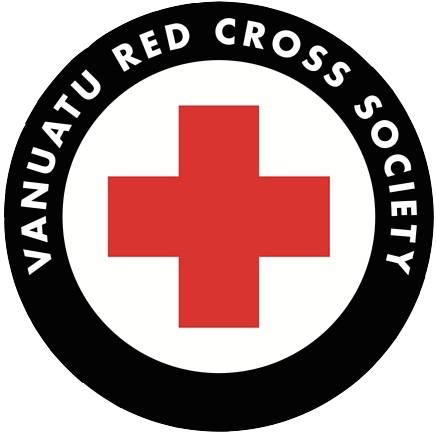Having access to water is a wish for many remote rural communities in islands across Vanuatu, like on the island of Gaua in Torba province.
In 2012, Vanuatu Red Cross, with the support of USAID and the Red Cross, responded to a petition from the North East Gaua community requesting assistance with their water supply, as it was a big challenge to their lives and livelihoods.
Mrs Pauline Atkin from Gaua volcanic island had to walk more than 2.5 miles a day to bring water to her seven children. When there was not enough water, Pauline had no other alternative than collecting heavy coconuts to provide drinking water for her children, a demanding task.
As Pauline said, other villagers had planned to bring water from this spring to their coastal villages for many years. Even though they had a workforce able to build a water gravity system, they lacked technical knowledge and materials such as pipes, tanks and taps.
They sent a request to the Red Cross – USAID funded project, which has been implementing such construction of water gravity systems since 2012 in Vanuatu.
Pauline and the villagers dug 8 miles of trench in the jungle with shovel and pickaxe. They installed pipes under the guidance of water engineers, in order to build a strong and durable system. They elected a water committee, made up of women and men from the community, who have been trained (on topics such as plumbing or water community policies) and are responsible for the maintenance and management of the new water system.
Pauline can now easily access water; she is no longer drinking coconuts because she needs it but because she likes it.
“Now that we have this new water system, it makes life much easier for us. We no longer go far away to fetch the water; instead we walk a few feet from our house”.
Pauline is one of the thousands of people who have benefited from the USAID-supported projects to access water in Vanuatu. Under this framework between 2012 and 2018, more than 30 miles of pipe trenches have been dug by hand.
Communities were also mobilized for local material collection (such as sand, gravels and rocks) and the transport of thousands of bags and pipes.
Barry Wobur, the local Area council secretary responsible for the development of this island, said this program directly benefits the people, allowing them to improve their daily life and their health. It also strengthens the community’s resilience and shows them that they have the ability create a better place for the next generation.

